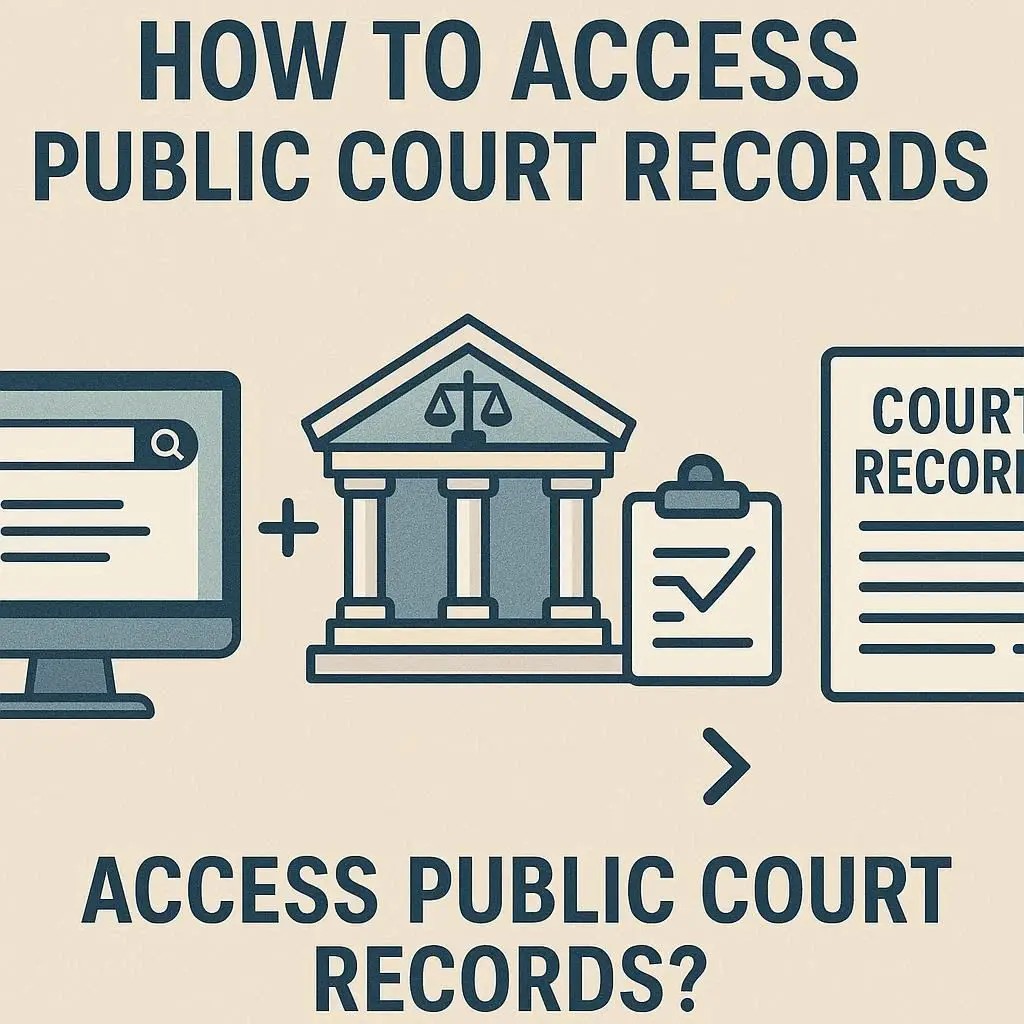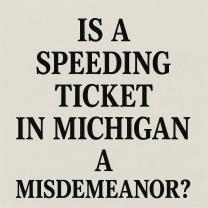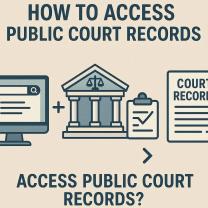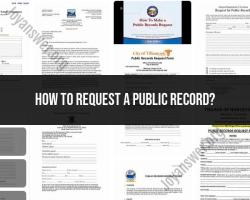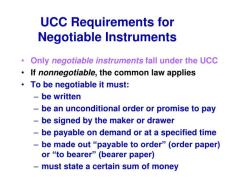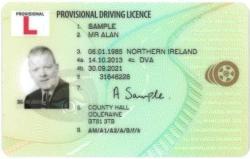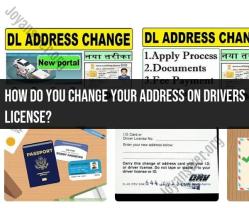How do you access public court records?
How to Access Public Court Records Easily
Public court records provide valuable information about legal proceedings, including civil, criminal, and family court cases. Accessing these records can be important for research, legal matters, or personal knowledge. Fortunately, there are straightforward ways to obtain them.
What Are Public Court Records?
Public court records are official documents filed in court that are generally available to the public. They include:
Case filings and dockets
Court decisions and judgments
Pleadings, motions, and orders
Criminal records and sentencing information
Divorce, custody, and probate records
Ways to Access Public Court Records
1. Visit the Court Clerk’s Office
Most courthouses allow the public to view and request copies of records in person.
You may need to provide the case number, names of the parties involved, or the type of case.
Some courts charge a small fee for copies or certified documents.
2. Use Online Court Portals
Many states provide online access to court records through official court websites.
You can search by case number, party name, or filing date.
Online portals may allow free viewing or require payment for full documents.
3. Check State or County Databases
Some counties maintain separate databases for civil, criminal, or family court cases.
These databases can provide detailed case information, filing history, and sometimes downloadable documents.
4. Hire a Third-Party Service
Third-party services can assist in locating and obtaining court records, especially for difficult-to-find cases or records from multiple jurisdictions.
Ensure the service is reputable and follows legal access rules.
Tips for Easy Access
Gather Key Information: Know the case number, names of involved parties, and court location.
Check Access Rules: Some records, like juvenile or sealed cases, may not be publicly accessible.
Use Official Sources First: Government websites and court offices are the most reliable sources.
Be Prepared to Pay Fees: Some courts charge for copies, certified records, or extensive searches.
Accessing public court records can be simple if you know where to look and what information you need. By using court clerk offices, online portals, or official databases, you can obtain the records you need efficiently while respecting privacy and legal guidelines.
Accessing public court records allows individuals to find information about legal cases, understand court proceedings, and conduct background research.
How to Access Public Court Records
You can typically access public court records through two primary methods: online portals and in-person requests at the courthouse. The level of detail available remotely versus in-person can vary significantly by jurisdiction and case type.
Federal Courts: For federal cases, the Public Access to Court Electronic Records (PACER) system is the primary online portal.
You can also visit the Clerk's Office of the courthouse where the case was filed. State and Local Courts: Access to state and local court records is decentralized. Each state, county, or even specific court (e.g., municipal, circuit, superior) will have its own procedures and systems for public access. You'll need to identify the specific court where the case was filed.
Online Portals and Databases for Court Records
Many courts now offer online access to case information, though the extent of this access varies:
PACER (Public Access to Court Electronic Records):
Purpose: Provides online access to federal appellate, district, and bankruptcy court case and docket information.
Access: Requires a registered account.
You can search nationwide using the PACER Case Locator or access specific court records in real-time if you know the court. Fees: There is generally a fee (e.g., 10 cents per page) to access documents through PACER, with a maximum charge per document. Fees are often waived for users accruing less than a certain amount per quarter (e.g., $30). Written opinions are often available for free.
State/County Court Websites:
Most state and county court systems have their own websites with online search portals.
Search Capabilities: You can usually search by case number, party name, or attorney name.
Some offer advanced search filters like date range. Information Available: These portals typically provide basic case information, such as case summaries, docket entries (a chronological list of filings and events), and court calendars.
Document Access: The ability to view or download actual case documents online varies.
Some courts allow direct access to non-confidential documents, while others may require a request or in-person visit. Subscription Services: Some state systems (like Oregon's OJCIN OnLine) offer subscription-based services for more comprehensive access to records.
Legal Research Platforms: Professional legal research platforms (e.g., Westlaw, LexisNexis, Bloomberg Law) offer extensive databases of case law, statutes, and court records, primarily for legal professionals.
These are typically subscription-based and expensive. National Archives and Records Administration (NARA): For older federal court records (generally those more than 15 years old), NARA is the repository. Researchers can access these records directly from NARA facilities across the country.
Steps to Request Records In-Person
Visiting the courthouse typically provides the most comprehensive access to public records, especially for cases with restricted remote access or older paper files.
Identify the Correct Courthouse: Determine the specific courthouse (e.g., municipal, county, federal district) where the case was filed.
Check Operating Hours: Confirm the clerk's office operating hours before your visit.
Gather Information: Have as much information as possible about the case, such as:
Case number (most efficient for searching)
Full names of parties involved
Approximate filing date or date of the event
Type of case (e.g., civil, criminal, family)
Specific document names if you know them
Locate Public Access Terminals: Many courthouses have public access computer terminals where you can search for and view electronic case records for free.
Speak with the Clerk: If you can't find what you need, or if you require paper copies or certified copies, approach the clerk's office.
Complete Request Forms: You may need to fill out a records request form.
Be Prepared for Fees:
Viewing records at the courthouse terminals is usually free.
Printing copies often incurs a per-page fee (e.g., $0.50 per page).
Certified copies (often required for official purposes) are more expensive (e.g., $40 per document).
A search fee may be charged if the clerk needs to spend more than a certain amount of time (e.g., 10-15 minutes) locating the record due to insufficient information.
Older records stored off-site may incur a retrieval fee and take several days or weeks to access.
Identification: You may need to provide photo identification, especially if the records are sensitive or if you are a party to the case.
Confidential Records: For confidential or sealed records, you will need to prove you have a legal right to access them (e.g., if you are a party to the case, an attorney of record, or have a specific court order).
Legal Restrictions and Privacy Considerations
While court records are generally public, several laws, court rules, and judicial orders restrict access to sensitive information to protect individual privacy:
Confidentiality by Law: Certain types of cases are inherently confidential by law, and access is highly restricted.
These commonly include: Juvenile court proceedings (e.g., delinquency, dependency)
Adoption records
Mental health proceedings
Courthouse-Only Access (No Remote Access): Many types of records are publicly accessible at the courthouse but not available via remote online access. This balance protects privacy while maintaining transparency.
Common examples include: Records in Family Code proceedings (dissolution, child custody, child/spousal support, domestic violence prevention).
Criminal proceedings (though exceptions may occur for high-profile cases with a judge's order).
Guardianship and conservatorship proceedings.
Records related to the compromise of claims of minors or persons with disabilities.
Sealed Records: A judge can issue an order to "seal" all or part of a court case record, preventing public viewing without a specific court order.
Reasons for sealing can include protecting personal information, trade secrets, or ongoing investigations. Redaction: Courts may require or perform "redaction" of sensitive personal information (e.g., Social Security numbers, financial account numbers, dates of birth) from documents before making them publicly available, especially in online systems.
Witness/Victim Information: Information that could endanger witnesses or victims is often protected.
Medical Records: Medical information disclosed in court is typically confidential.
If you encounter a record that is sealed, confidential, or redacted, you will need to ascertain if you have a legal right to access it and potentially petition the court for an order.
Tips for Efficient Record Retrieval
Start Online: Always begin your search using the relevant court's online portal. This can save time and provide initial case details (case number, parties) even if documents aren't fully available.
Be Specific: The more precise information you have (full names, exact case numbers, dates), the easier and faster the retrieval process will be.
Know the Jurisdiction: Accurately identifying the city, county, and specific court level where the case was filed is crucial, as records are decentralized.
Call Ahead (for in-person visits): If you plan to visit a courthouse, call the clerk's office beforehand to confirm their hours, any specific requirements for record requests, and if the records you seek are stored on-site or off-site.
Be Prepared for Fees: Understand the potential costs for copies, certified documents, and retrieval fees, and bring appropriate payment methods.
Inquire About Retention Schedules: For older cases, be aware that records may have been purged or destroyed based on the court's record retention schedule.
The clerk's office can inform you of these policies. Consider Professional Services: For complex or high-volume record retrieval, or for out-of-state records, consider using a professional court runner or legal research service.
Document Everything: Keep a log of your searches, who you spoke with, and any fees paid.
